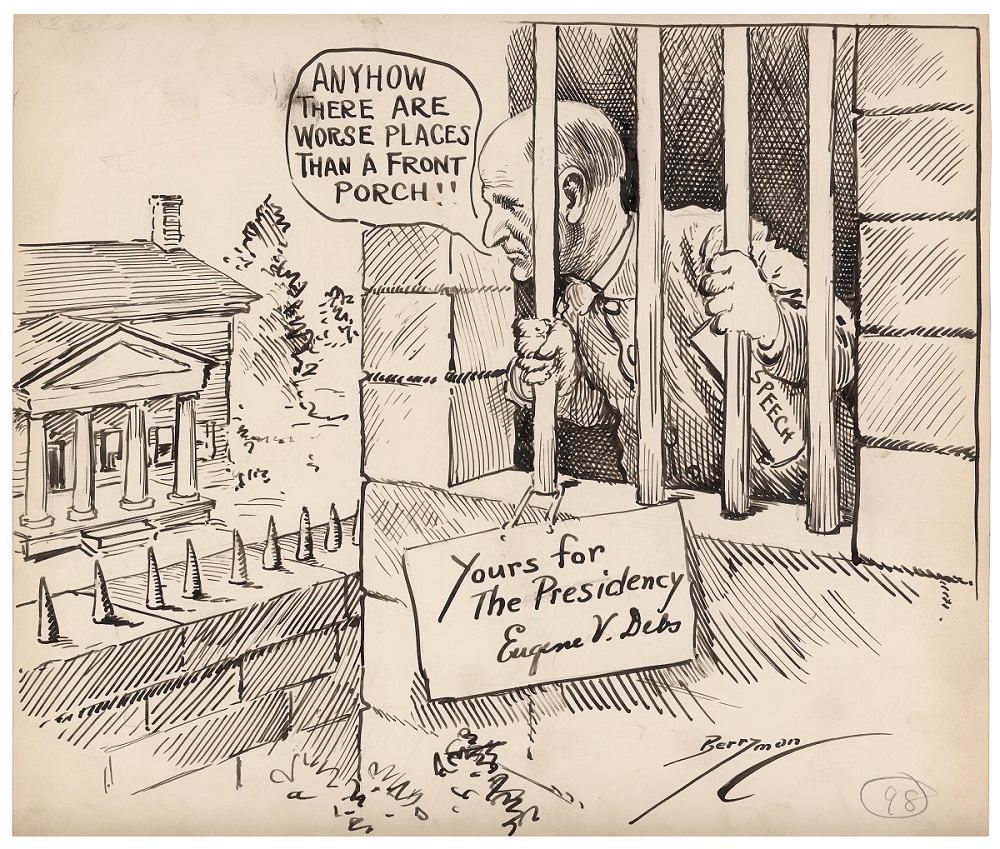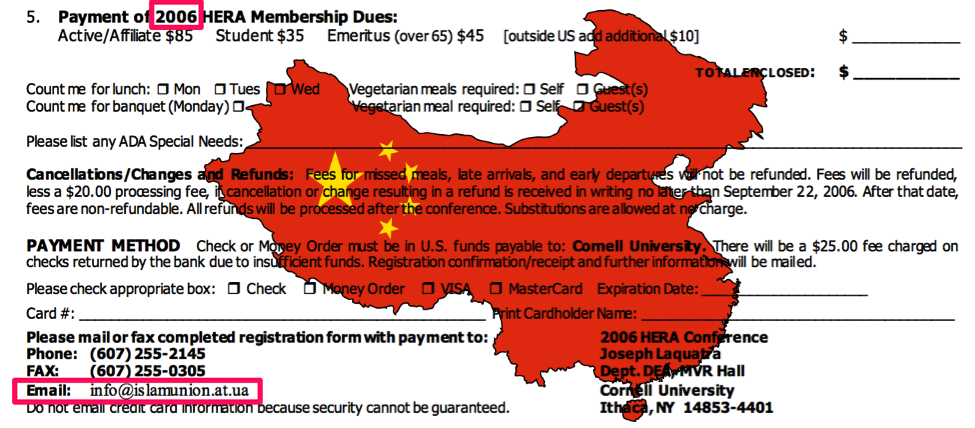
The first, the Secret Service, led by a marine officer, Mansfield Smith-Cumming (1859-1923), alias “C”, dealt with intelligence abroad, while the second was responsible for the home country. The following year, this still embryonic organization divided into two services. In 1909, a Secret Service Bureau was set up jointly by the Foreign Office, the War Office and the Admiralty to deal with intelligence. Best known is the role of the British services. In the following years, Italy, Germany, Russia and Austria-Hungary set up specific navy intelligence services as well.Ĭivil authorities were also responsible for intelligence tasks. The building of fleets, instruments of imperial power and international prestige, boosted by the naval fever of the Belle Époque, was accompanied by the creation of intelligence services within the admiralties of the main naval powers, such as the Royal Navy’s Naval Intelligence Division (NID), and the Office of Naval Intelligence (ONI) of the United States Navy, both created as early as 1882. National staffs were not the only ones to develop intelligence services. Other services, such as the French and the Russian ones, had offices in the border military regions of their own territories, which conducted their operations abroad. The Evidenzbureau also had regional sections, the most important being directed against Russia. On the other hand, the Abteilung IIIb neglected the British Empire, which was the subject of the efforts of the Nachrichtenabteilung, the German Navy’s secret service. The work of the latter tended towards persuading the German general staff that France did not constitute a particularly formidable opponent.

The Abteilung IIIb had a section directed against Russia, and another dedicated to France. Most of these military intelligence services were divided into sections devoted to particular geographical zones or, better said, potential opponents. From 1906 onwards, the 7 th Section of the 2 nd Executive Board of the great imperial headquarters, played a role of centralization of the information collected by military attachés and military districts. Russian military intelligence was also reorganized after its defeat by Japan. In Germany, the Sektion im Großen Generalstab (future Abteilung IIIb) was created in 1889, while in Italy, it was not until 1900 that the Ufficio Informazioni del Commando Supremo (or Ufficio “I”) appeared, after a first attempt in 1863-1866. In France, the creation of the Deuxième Bureau was the result of the 1871 defeat. Shaken by the years 1848-1849, Austria-Hungary was the first to create such a permanent structure, with the foundation of the Evidenzbureau in 1850. Most of the general staffs of the European powers established during this period a permanent military intelligence service, often after facing up to a deep crisis. International relations and military affairs were no exception to this desire for mastery, in a climate of growing competition between powers. Permanent national secret services made their appearances during the second half of the 19 th century, favoured by a scientifically oriented century during which western societies tried to identify, inventory and measure in all areas in order to control their environment. Intelligence and the Concerns of the Belle Époque ↑ However, academic research in this area, while benefiting from the development of the intelligence studies since the end of the 20 th century, remains sparse and often fairly recent. This difficulty has not prevented historians of different nationalities from bypassing the problem by using various other types of source. Many archives from the secret services themselves have been destroyed, especially during World War II. Our current knowledge of espionage and intelligence during World War I remains limited. It will also consider the way war contributed to transforming intelligence services, and will end by evaluating the place of espionage in post-war societies. This contribution will first provide an overview of intelligence before the war, and will then consider the ways in which the warring parties used espionage during the war or tried to protect themselves against it, including in the field of communications and in the territory of neutral states.



The First World War was fought not only on the battlefields and in the ammunition factories, it was also the scene of a large-scale secret war in which the various belligerents engaged through their intelligence services.


 0 kommentar(er)
0 kommentar(er)
